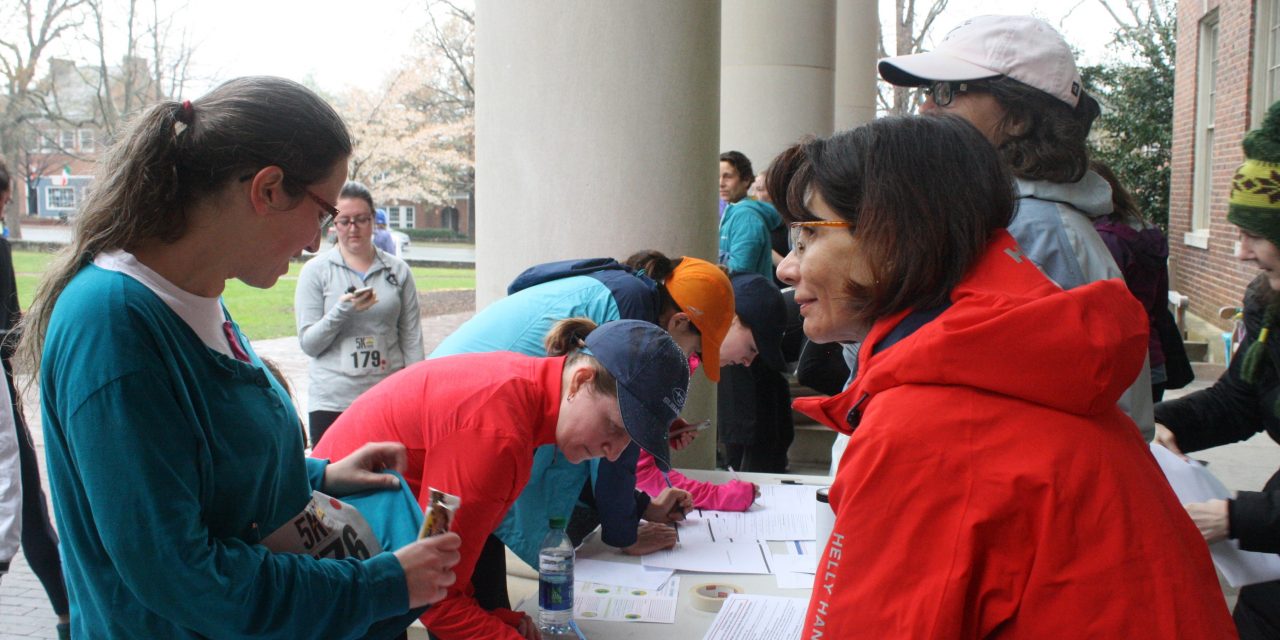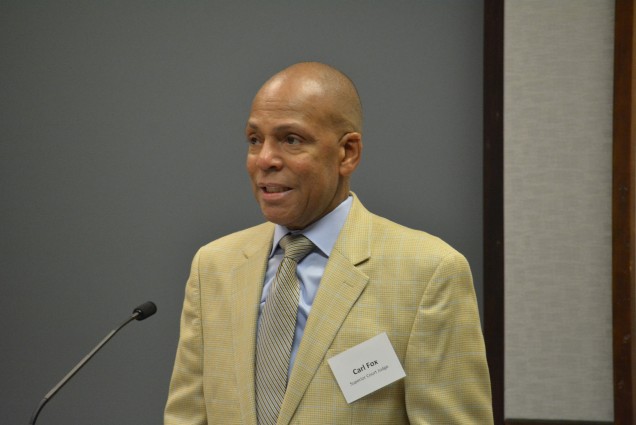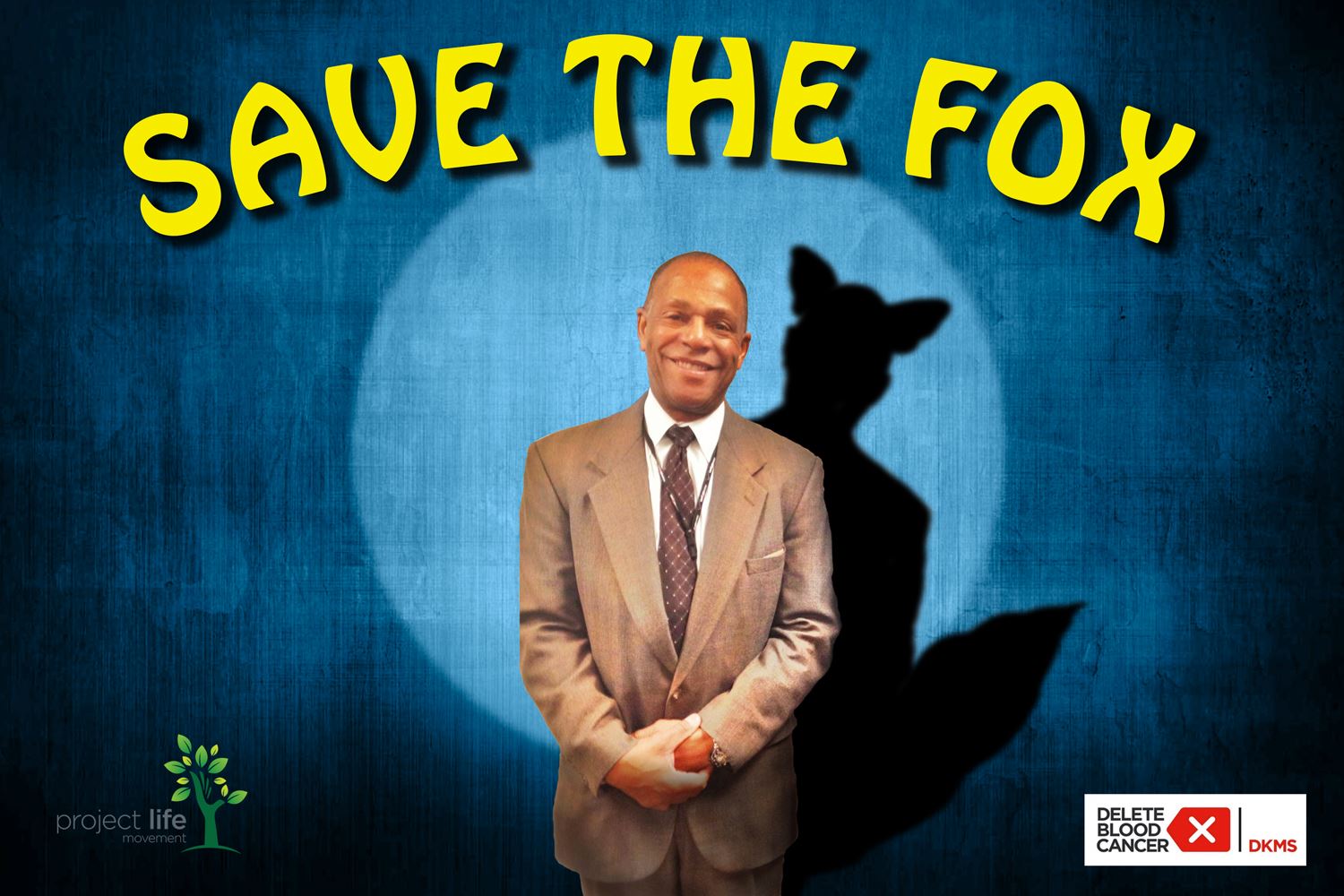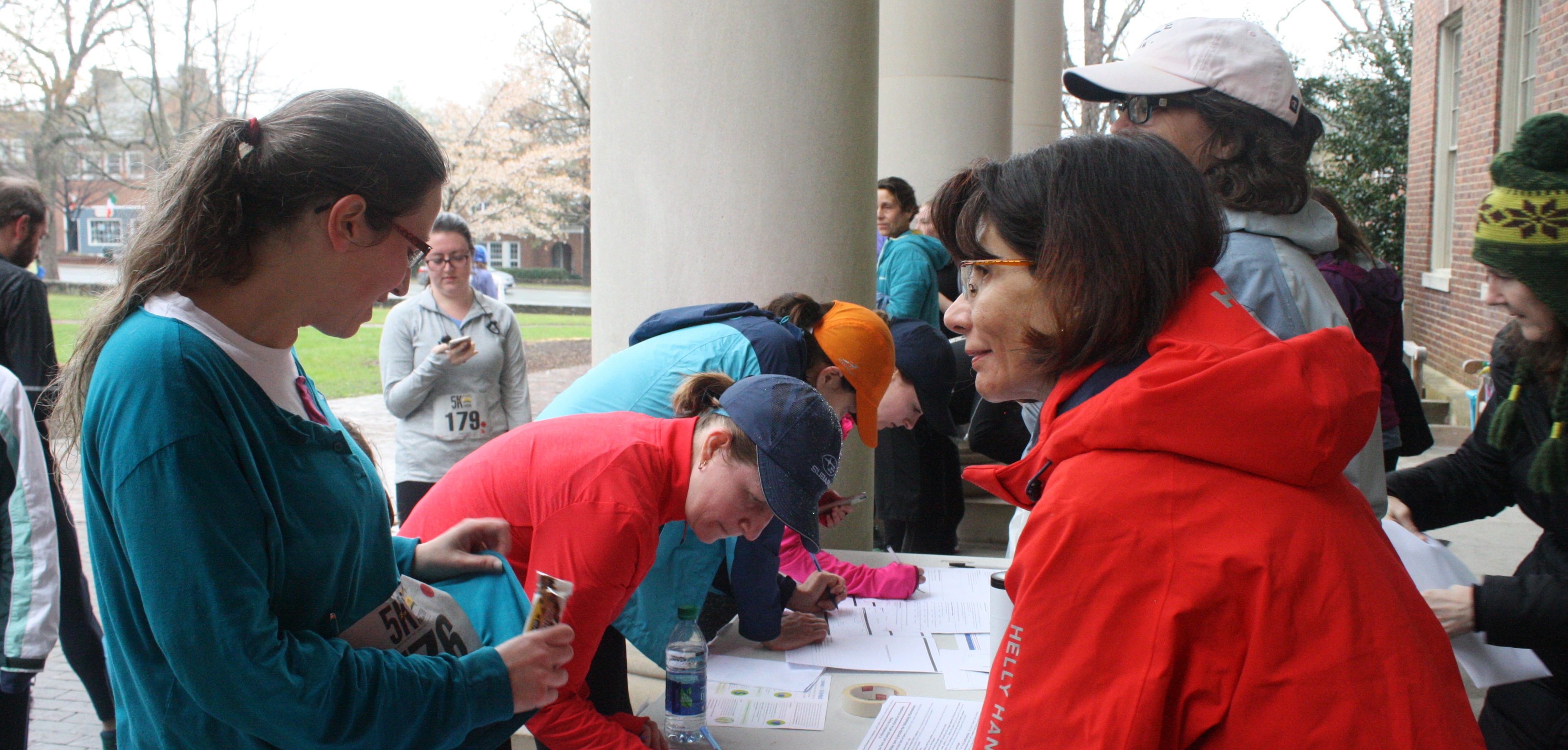A five-kilometer footrace was held in Chapel Hill last Saturday by the Public School Foundation, but some participants went beyond lacing up their running shoes and clearing the finish line.
Lorie Black spent the entire event managing crowds of runners who sough to donate bone marrow to Henry Gilchrist, a local 12-year-old boy who has waged a four-year battle with aplastic anemia.
“He was able to get matched with his brother,” she recalled. “We all thought it had cured him, but then it keeps coming back, and they don’t know why.”
Gilchrist received his first bone marrow transplant from his older brother, Max, after being diagnosed with the condition in 2013, but the positive effects of the procedure proved to be temporary.
“It was about a year later — his body triggered a shutdown again, and so they did it a second time, again with his oldest brother,” she explained. “Now we’re going into a third time.”
Physicians have recommended a third transplant from a donor with no relation to Gilchrist, who was admitted to Duke University Hospital before the footrace due to complications from his condition.
“If he has any kind of infection, he has to have immediate hospital care, and he came down with a [101-degree] fever on Thursday night,” she relayed. “He and his parents headed to Duke Hospital, and he’s basically in the hospital for 48 hours while they get that fever under control.”
While swabbing the cheeks of athletes who were eager to be added to the registry of the National Bone Marrow Donor Program, Black emphasized the need for a diverse pool of volunteers.
“That’s really our best hope, is to find as many people of diverse backgrounds so that people who need a bone marrow transplant have a good pool of people to pull from,” she noted.
According to Black, these donors have the potential of saving not only the life of Gilchrist, but also the lives of people across the world who have been diagnosed with conditions that affect their bones.
“There’s a United States registry, which is Be The Match, but there’s donor registries all over the world, and they all share,” she offered. “If they don’t find a match in the US, they go to the next country and the next country.”
Black noted that donating bone marrow is no different than donating blood in the majority of cases, with donors getting matched to patients based on DNA samples acquired from saliva.
“It’s not a hard thing to do, but what a powerful gift to give, because it really does save lives,” she admitted.
Residents between the ages of 18 and 44 who are interested in donating bone marrow are encouraged to visit the website for the national registry at join.bethematch.org/hope4henry.
Photo by Bruce Rosenbloom/WCHL.







Comments on Chapelboro are moderated according to our Community Guidelines